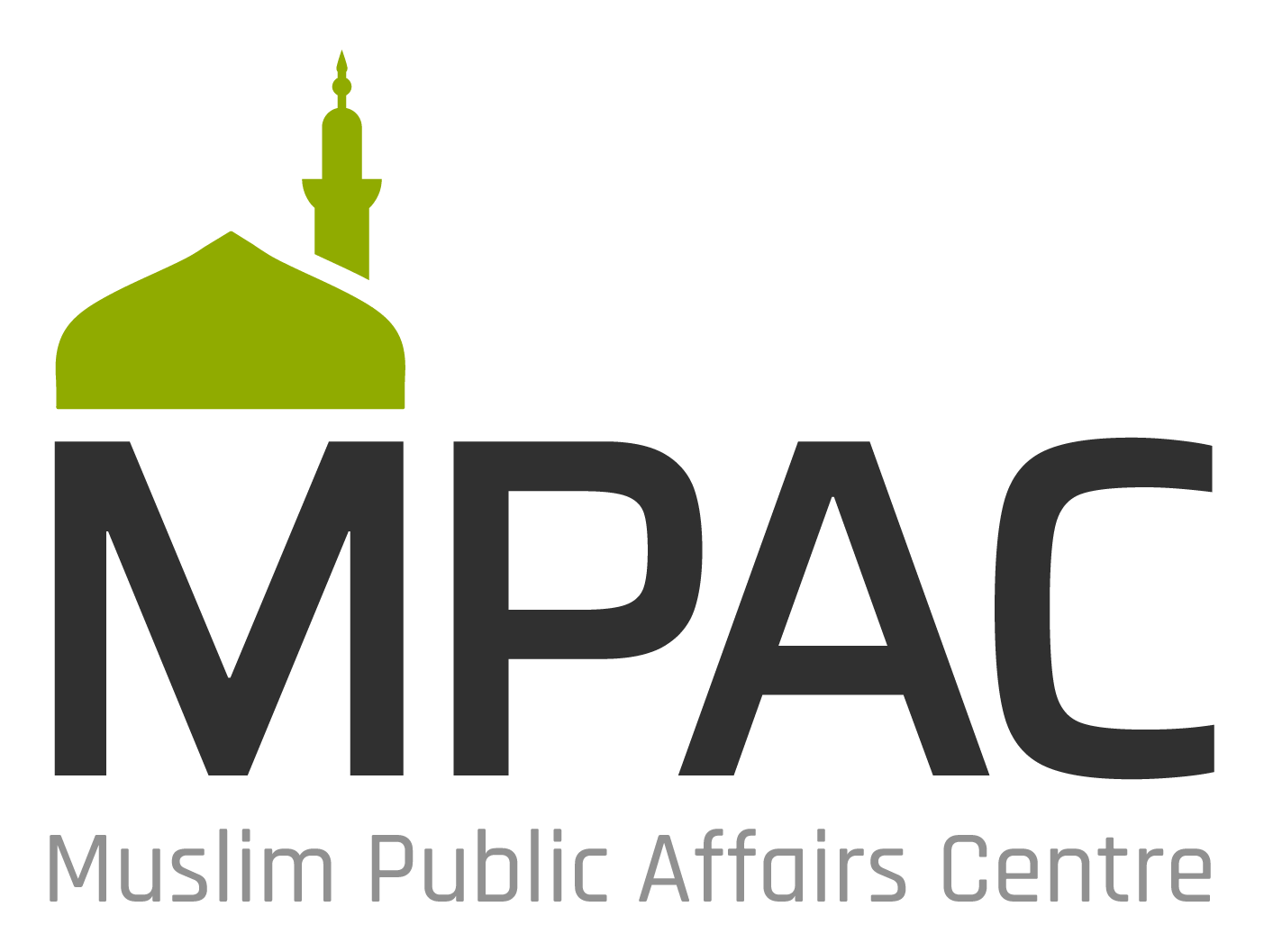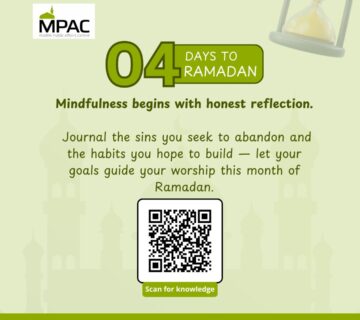How To Respond to Discrimination/Islamophobia in School
If students believe that other students, teachers, or school staff members are treating them in a discriminatory way based on their being Muslims, here are some steps which may remedy the situation. While not all prejudicial attitudes are overt, you must be able to cite specific words or actions which demonstrate anti-Muslim bias (negative references to Islam or Muslims). Otherwise, there is no proof which will persuade the objective observer. It is wise to keep detailed notes of such words and actions as they occur. Witnesses are also important, or else it often comes down to the word of one person against another.
1. First Step
Parents should first approach the teacher. Describe the incident(s) and the effect on your child. If appropriate, listen to the person who is the alleged offender and get their version of any incidents. Ask for appropriate action to correct the situation. If the results are unsatisfactory, go to the next higher authority– a principal or a school council office. The school council should have an office/department or officer which handles such complaints. Give them the details of your situation (outline the problem, but don’t overload them with details in your initial contact). Also provide them with information about the larger problem of discrimination which Muslims have encountered in schools around the country if you are aware of the statistics- use only reliable statistics.
You may also contact MPAC for support. You will be in a stronger position if you first research the relevant policies and regulations of your school council and your state’s Department of Education or the Federal Ministry of Education. There will be a procedure to file an official complaint, make use of the procedure. They may also have sources with relevant information on how to help you push forward your complaints, as well as any relevant and available print materials to the general public.
Also, consider the school atmosphere and larger context within which any particular incident takes place. Is there a history of discriminatory behavior against Muslims or other groups? What kind of corrective action has the school taken? What pro-active steps has it taken to foster mutual understanding among those of different ethnic, racial and religious backgrounds?
2. MPAC Support
MPAC may be able to provide support in the form of information, a letter or call of concern to the school or the Council education office if you keep us in the loop. Often the problem is at the level of human relations and is not a legal issue. It is often a “judgment call” as to whether or not an official complaint or a lawsuit is appropriate. Please consult first with MPAC. MPAC can also provide information on Islam, Muslims or on discrimination for parents, teachers or school districts. Also, it may be appropriate to file a formal complaint with any department of the State or Federal Ministry of Education dealing with harassment and discrimination issues, otherwise, seek information at the Ministry on how to lodge a formal complaint relating to rights abuse or religious discrimination.
Please note that as all public schools receive funding, which is partly funded by public tax. They are obligated to take active steps to prevent discrimination. If they show a pattern of institutionalized discrimination, they stand to be exposed, shamed and punished. This fact should provide strong motivation for school systems to take a strong stand against bias.
3. Human Relationships, School Policies, and Educational Programmes
Advise your children about how to handle incidents of harassment and discrimination because of their identity or faith. They should walk away and refuse to enter into situations of confrontation, even if they are physically assaulted. Schools normally have policies which punish everyone involved in fights, not just the student who started the fight. If students fight back, they must be prepared to suffer the consequences – suspension or other penalties- including expulsion.
Trust your instincts. If you or your children become uncomfortable in the school setting, there is likely something wrong about the situation. Such an atmosphere may involve attitudes you encounter, tones of voice, stares, teasing or inappropriate jokes, conversations which suddenly stop when you enter the room, subtle forms of exclusion, or inappropriate and frequent references to Islam and emotional “buzzwords” like Islamists, Islamic militants, Jihad/Jihadists, holy Jihad, Muslim Extremists, Muslim Terrorists, Fundamentalists etc. Such things are signals that the school has not yet created an atmosphere of genuine openness, understanding, and acceptance of Islamic values and cultures. It may be more a problem of effective implementation of school policy than one of the attitudes of individuals or school official.
Don’t overreact. Parents are justifiably upset if their child is being harassed. At the same time, the parents’ emotional reaction can also have a negative impact on their children. It can also make the situation worse and be a barrier to a successful resolution of the problem.
The solution may require a stronger school policy against harassment/discrimination and more conscientious efforts to reach out to Muslim community. This could consist of meetings with parents and Muslim community leaders at the school or at a Muslim home, mosque or community organizations. Schools can hold special classes and assemblies, set up cultural exhibits, hold teacher in-service programmes, utilize classroom resources recommended by the Muslim community, and more consciously include Muslim resources and perspectives where appropriate in classes in social studies, world and Nigerian history, geography, current events, civics and government, world religions and world literature, sociology and psychology.
MPAC goal in this area will be to bring about a positive change in attitudes and behaviour, greater respect for Muslims, and a better understanding of Islam and Muslim world. In our opinion, a punitive approach and attitude which puts educators on the defensive is unlikely to yield a satisfactory outcome. Often a negative event can be the catalyst for bringing about a positive change at an academic level and at the level of classroom relationships.






